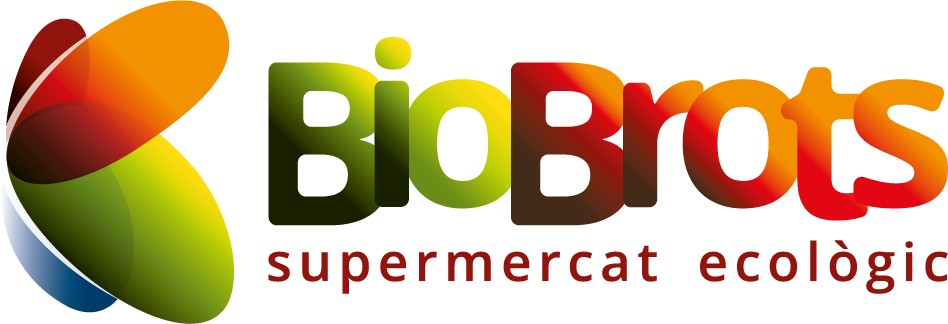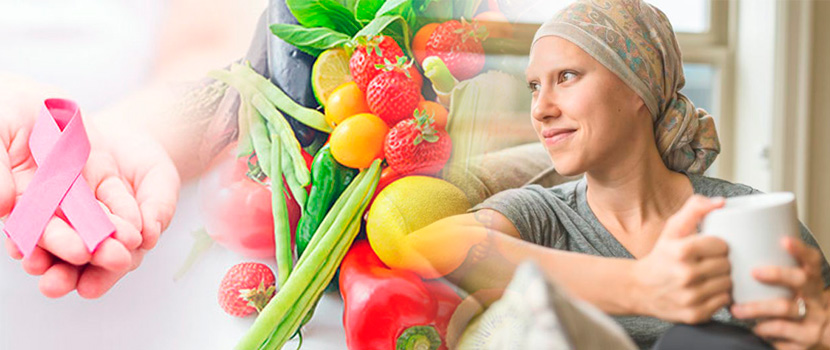Nutrition in oncology
Food is an important support in the face of an oncological process, as it can help reduce the side effects of treatment and improve immunity. It is proven that a good diet is synonymous with a better quality of life in the face of radiotherapy and chemotherapy treatments.
Individualized advice is vital to avoid malnutrition, improve recovery and side effects such as nausea, vomiting, bad taste in the mouth and altered sense of smell, among others. Studies show that 90% of the causal factors of cancer come from environmental factors and food: diet, sedentary lifestyle, tobacco, environmental pollution, food toxins such as plant protection products and additives, obesity, emotional and mental stress… and a 5-10 % to hereditary factors. Therefore, we have a lot of room for maneuver to reduce these factors. • A first line is to consume organic foods, since they are free of phytosanitary agents, nitrates, glyphosate and others toxic to our body. • A second line is to reduce as much as possible sugars, sweets and refined cereals such as wheat, rice, pasta, bread… Replacing them with foods with a low glycemic load such as whole grains (quinoa, fajol, rye, oats) but even so it is important not to make it the basis of food and if to make it of vegetables especially green leaves and healthy fats, alkalizing and measuring the PH scale, trying that is not acidifying. Well, it has been shown that a diet rich in sugar predisposes to cancer and also promotes its development, since hyperglycemia activates oncogenes, decreases cell vitality, increases premature aging and enhances stress by decreasing the neurotransmitters of the well-being, promotes the creation of new tumor cells, inflammation and therefore pain. Green leafy vegetables are of great importance for their contribution of fiber, chlorophyll, folates that regenerate, provide cellular vitality and clean toxins from the intestines. Also vegetable fats such as extra virgin olive oil, coconut oil, avocado, nuts, hemp seeds, pumpkin seeds and chia. To avoid malnutrition, we also need protein and in this case, it is advisable to do it with quinoa, legumes, white fish, small blue fish, eggs and organic chicken. Without forgetting the great need for vitamins and minerals that we get from citrus fruits, raw nuts, hemp seeds, pumpkin seeds, sesame, natural broths and seaweed. • A third line is to maintain immunity, knowing that this depends on intestinal health and is compromised by fats, sugars, sausages, dairy products, alcohol and, depending on the case, gluten. It is important to add a gut flora supplement to avoid nutrient absorption problems and abdominal discomfort. We can help ourselves from medicinal mushrooms (Xiitake, Maitake, Reishi), as they reduce side effects and improve immunity and nutrition. • A fourth line is hydration, very important, since taste can be altered by promoting dehydration. In these cases, try cold infusions, water flavored with lemon peel and mint or ginger. Even add some raw honey or coconut sugar that have a low glycemic index. Faced with some side effects such as the metallic taste in the mouth, it is interesting to reduce red meat, sausages and legumes due to their iron content which increases the taste. It would be important to assess Zinc supplementation.
If there is a sensation of dryness in the mouth or even sores, aloe vera juice can be of great help and an omega 3 supplement as well. Thus, the evidence that good nutrition before cancer treatment provides a significant increase in effectiveness, better recovery and more quality of life confirms us as a good reason to incorporate our nutrition as treatment.
It is always necessary to remember the importance of individualizing the nutritional treatment with a specialized professional.


Leave a Reply